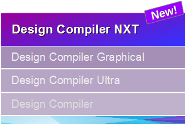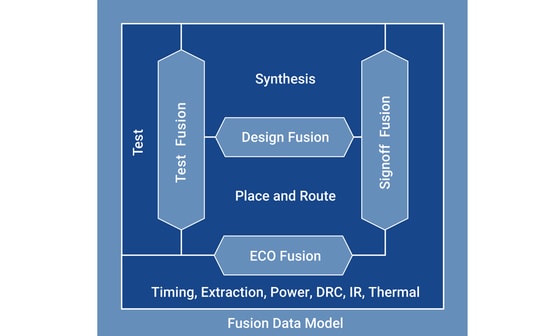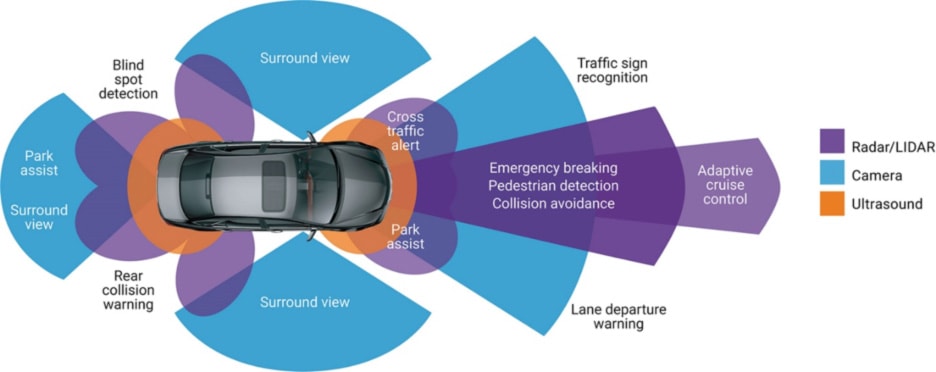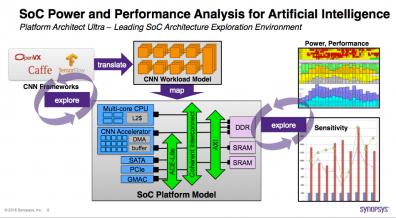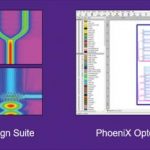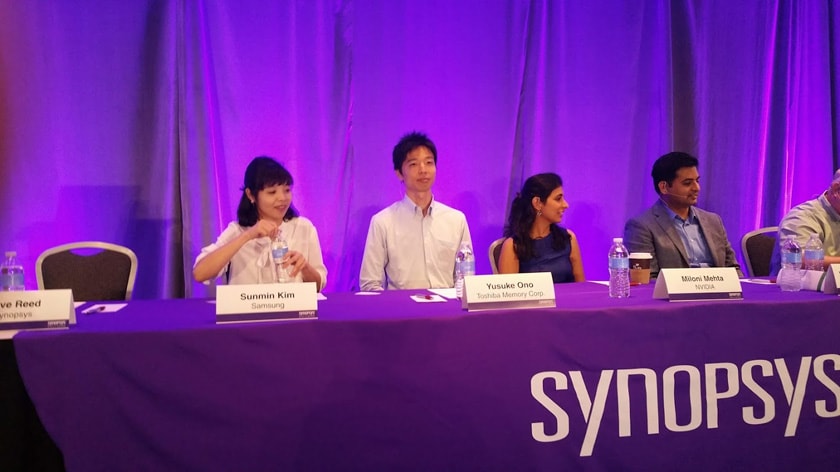Back in 1986, Synopsys started out with a synthesis product by name of SOCRATES, which stands for Synthesis andOptimization ofCombinatorial logic usingRule-basedAndTechnology independentExpertSystem. It is fair to say that not many designers know that was the birth name of what eventually turns out to be a very successful… Read More
Fusion Synthesis for Advanced Process Nodes
Synopsys recently unleashed Fusion Compiler™, a new RTL-to-GDSII product that enables a data-driven design implementation by revamping Design Compiler architecture and leveraging the successful Fusion Technology –seamlessly fusing the logical and physical realms to produce predictable QoR. It is a long-awaited… Read More
TSMC and Synopsys are in the Cloud!
EDA has been flirting with the cloud unsuccessfully for many years now and it really comes down to a familiar question: Who can afford to spend billions of dollars on data center security? Which is similar to the question that started the fabless transformation: Who can afford to spend billions of dollars on semiconductor manufacturing… Read More
DesignWare IP as AI Building Blocks
AI is disruptive and transformative to many status quos. Its manifestation can be increasingly seen in many business transactions and various aspects of our lives. While machine learning (ML) and deep learning (DL) have acted as its catalysts on the software side, GPU and now ML/DL accelerators are spawning across the hardware… Read More
A Closer Look at Fusion from Synopsys at #55DAC
Synopsys is pretty well-known for their early entry into logic synthesis with the Design Compiler tool and more recent P&R tool with IC Compiler, so I met up with two folks at DAC to get a better idea of what this new Fusion technology was all about where the barriers between tools are changing. Michael Jackson and Rahul Deokar … Read More
Networking trends for Automotive ADAS Systems
From my restaurant seat today in Lake Oswego, Oregon I watched as an SUV driver backed out and nearly collided with a parked car, so I wanted to wave my arms or start shouting to the driver to warn them about the collision. Cases like this are a daily occurrence to those of us who drive or watch other drivers on the road, so the promises of… Read More
Architecting an ML Design
Discussion on machine learning (ML) and hardware design has been picking up significantly in two fascinating areas: how ML can advance hardware design methods and how hardware design methods can advance building ML systems. Here I’ll talk about the latter, particularly about architecting ML-enabled SoCs. This approach is … Read More
Synopsys Offers First Single-Vendor Comprehensive Photonic IC Design Flow
Synopsys has a long history of being a thought leader and it’s not surprising to see the company jumping into the forefront of new technologies. For decades, I’ve been steeped in electronic IC design and it caught me by surprise to find that Synopsys had been quietly working on filling out their portfolio in the optical design solutions… Read More
AMS Experts Share IC Design Stories at #55DAC
At #55DAC in SFO the first day is always the busiest on the exhibit floor, so Monday by lunch time I was hungry and took a short walk to the Marriott hotel nearby to listen to AMS experts from several companies talk about their EDA tool use, hosted by Synopsys:
- Samsung
- Toshiba Memory Corp.
- NVIDIA
- Seagate
- Numem
- Esperanto
Automotive is setting the goalposts for next generation designs
Automotive applications are having a tremendous influence on semiconductor design. This influence is coming from innovations in cloud computing, artificial intelligence, communications, sensors that all serve the requirements of the automotive market. It should come as no surprise that ADAS and autonomous driving are … Read More


